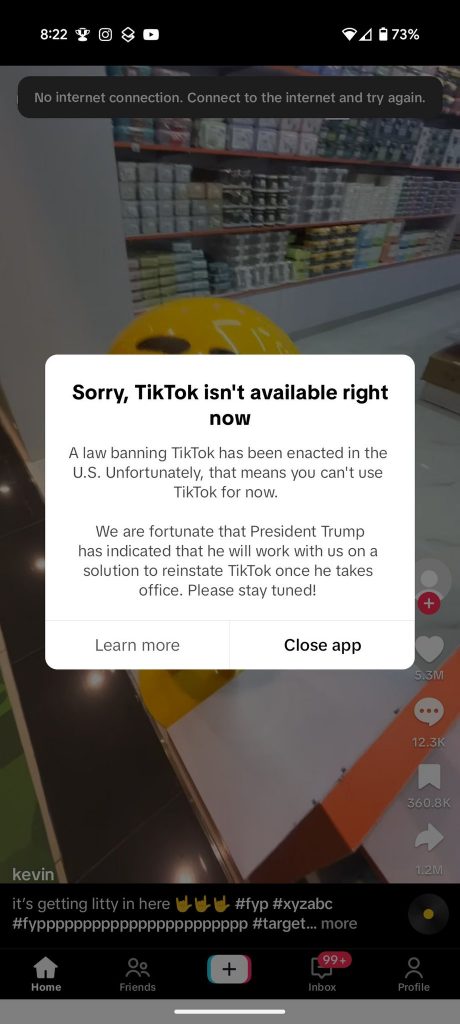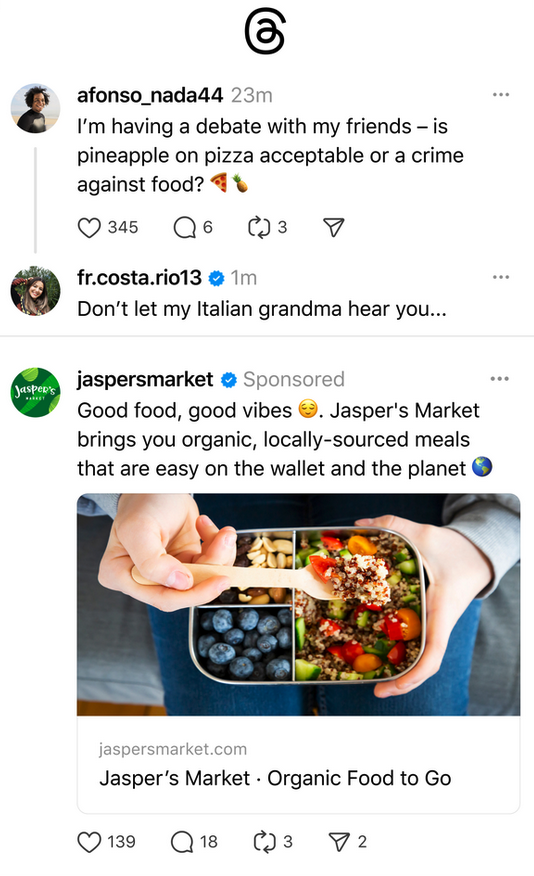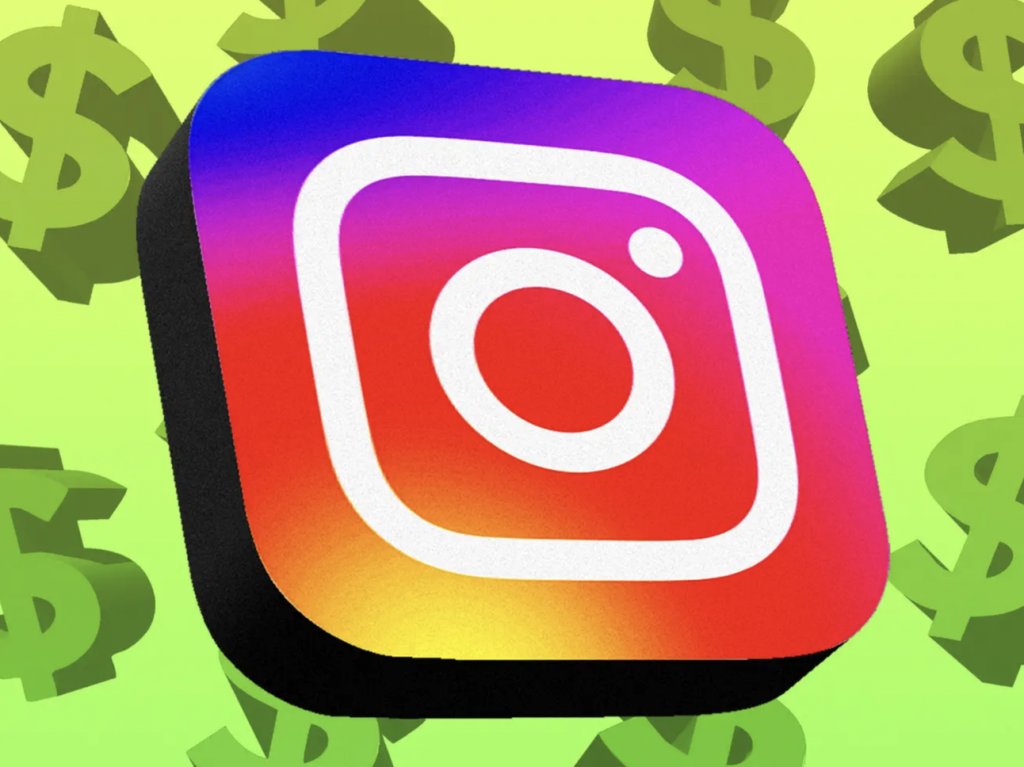Greetings. You guys having a good week? We are. We’re not doing as well as Ross Ulbricht or the folks selling TikTok-ready smartphones on eBay, but we’re definitely in better shape than the Angelenos who’ve been seeing fire tornadoes through their windows and waking up to yards full of ash.
Since we already mentioned TikTok, we should try to wade through its complicated, shifting status. That requires some background.
The Protecting Americans from Foreign Adversary Controlled Applications Act (PAFACA) became law nine months ago. It gives the Secretary of Commerce the authority to ban or restrict apps or platforms that he or she considers threatening to U.S. national security. Within the context of the act, threatening apps either serve as propaganda mouthpieces, collect data opaquely, or threaten infrastructure. The act specifically labels China, Iran, Russia, North Korea, and Venezuela as adversaries. Software from those countries is subject to U.S. government action.
The PAFACA act gave ByteDance, the company behind TikTok, until January 19 to sell its American operations. That deadline wasn’t met. Americans saw one of several pop-ups like the one pictured above this paragraph in lieu of short form videos when they opened the app on the 19th and the Apple App Store and Google Play Store no longer offer it for new U.S. downloads.
An executive order on January 20 gave TikTok a 75-day deadline extension. As things stand, ByteDance still needs to find a U.S. buyer before that extension expires. Watch this space though. The situation evolves daily.
Now that we’ve examined a legal snapshot of TikTok, the Twitter of video content, we can look at a direct Twitter/X competitor. Meta launched ads on its Threads platform earlier today. The fact that a related headline is “Meta’s Threads is finally getting ads” speaks to how inevitable this development was.
The timing of this move is tied to a number of factors, most importantly 1) the number of daily active users on Threads recently climbed past 100 million and 2) Meta’s ads still have a generally positive reputation while the perception of Google Ads is in freefall (they’ve become more expensive and more difficult to convert in the recent past).
We’re still convinced that some wonky stuff is going on with Google’s local rankings. They haven’t yet fessed up to a new problem since the ranking issues they resolved on January 7. Other than that, there isn’t a lot of SEO or advertising-related Google news this week.
Our first closing link comes from Business Insider. Meta’s now offering to pay TikTokers to post on Instagram and Facebook. Our next article is from Search Engine Journal, speculating about the fate of Google after its recent antitrust conviction. Next, you can take a look at Buffer’s ninestep roadmap for becoming a content creator in 2025. Finally, Social Media Today has a piece about Instagram’s plans to begin recommending longer Reels.
That’s it for this week. Be safe out there.


